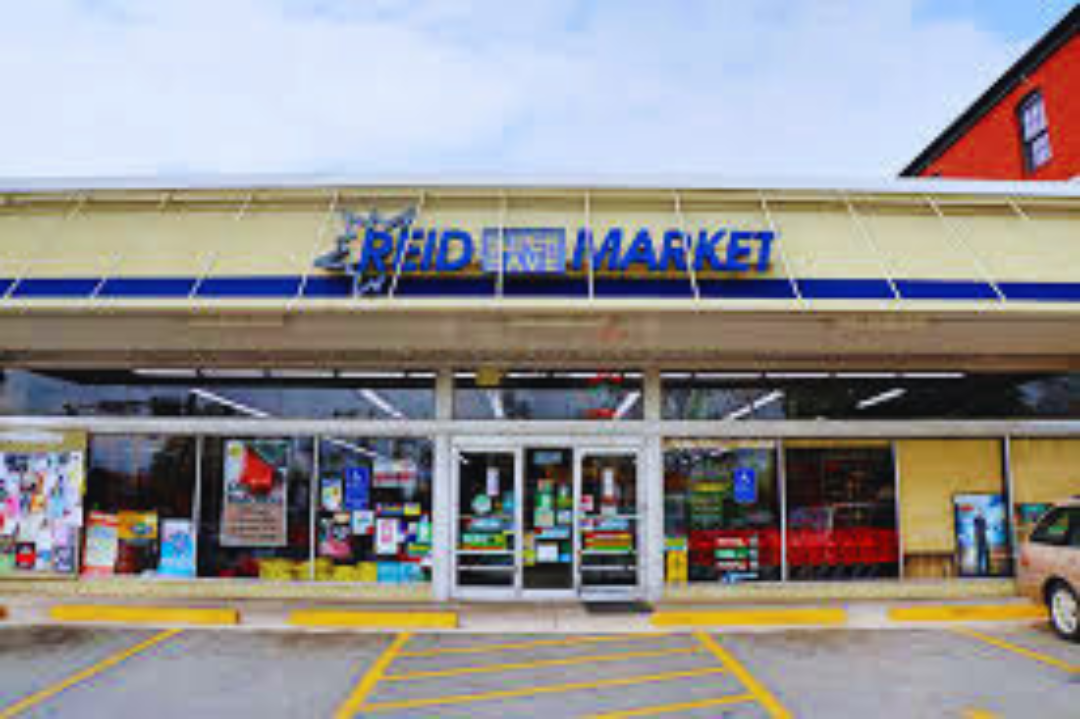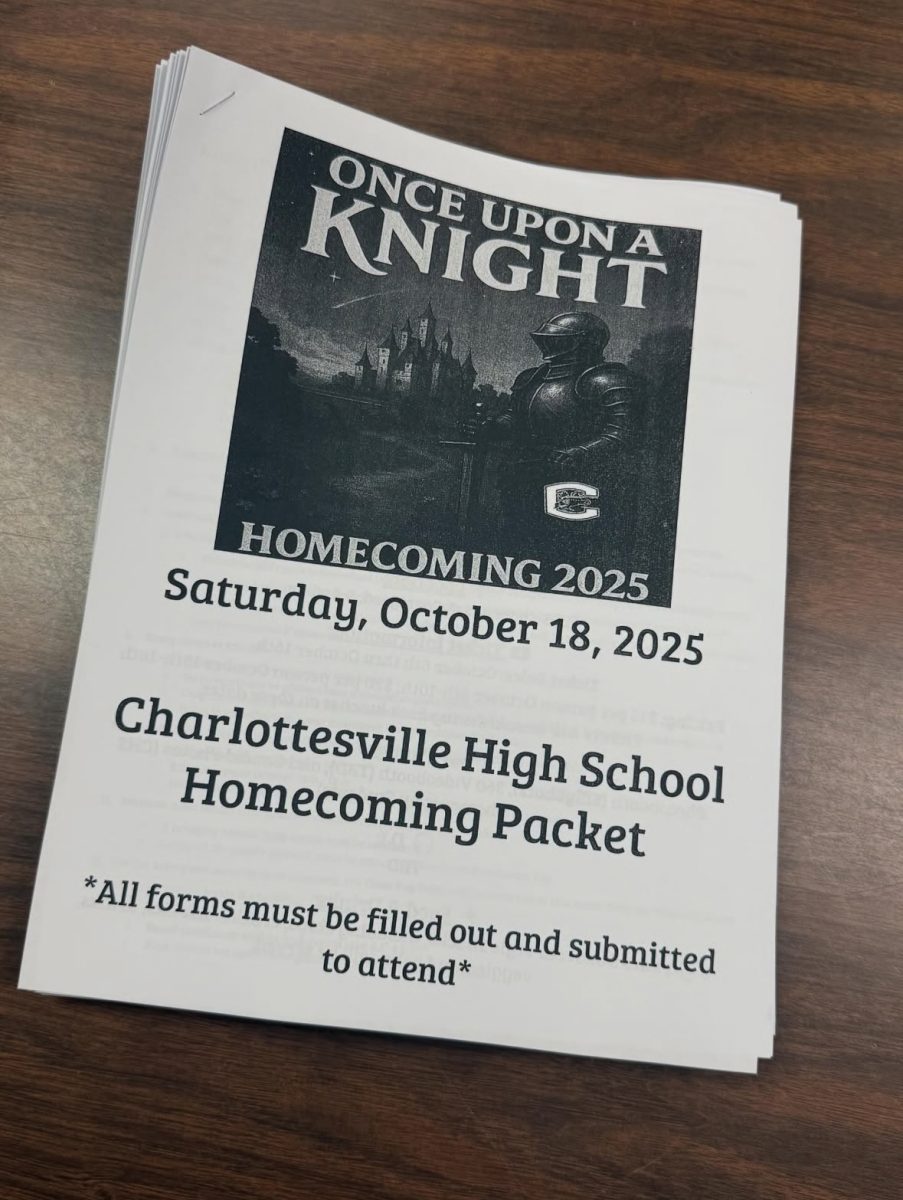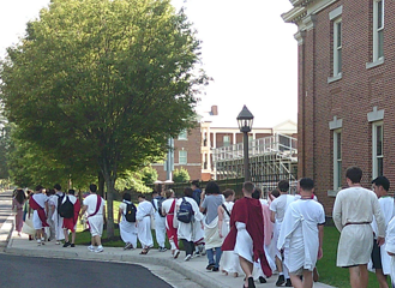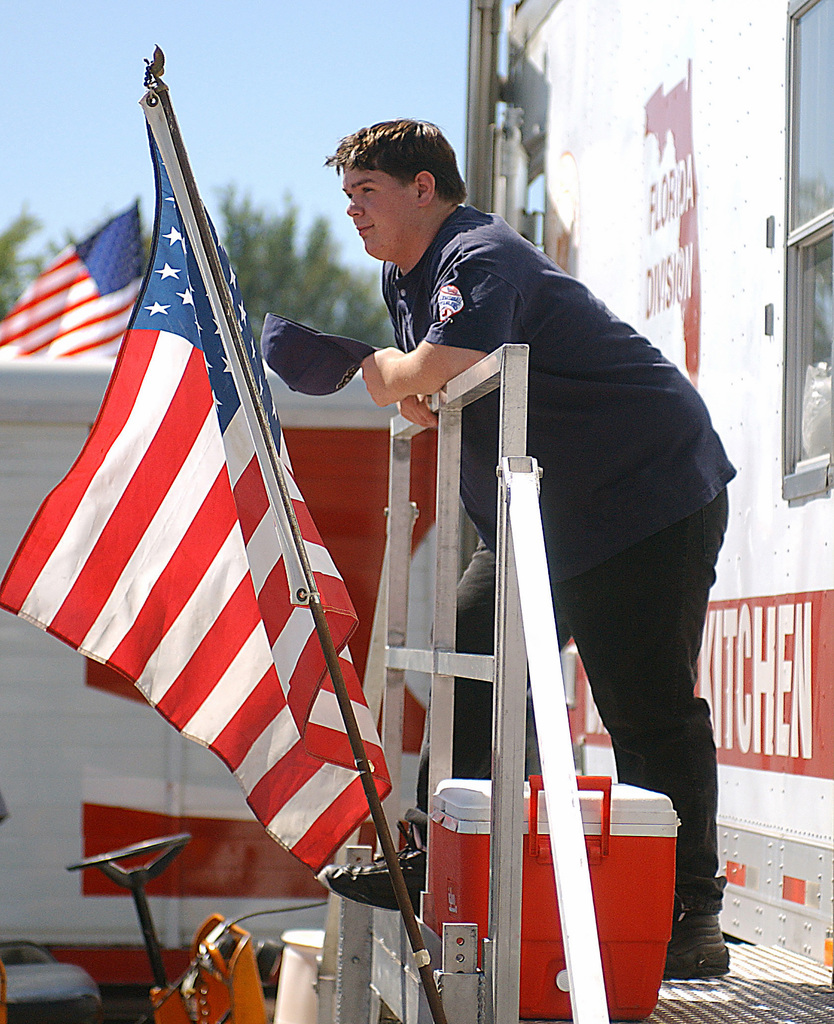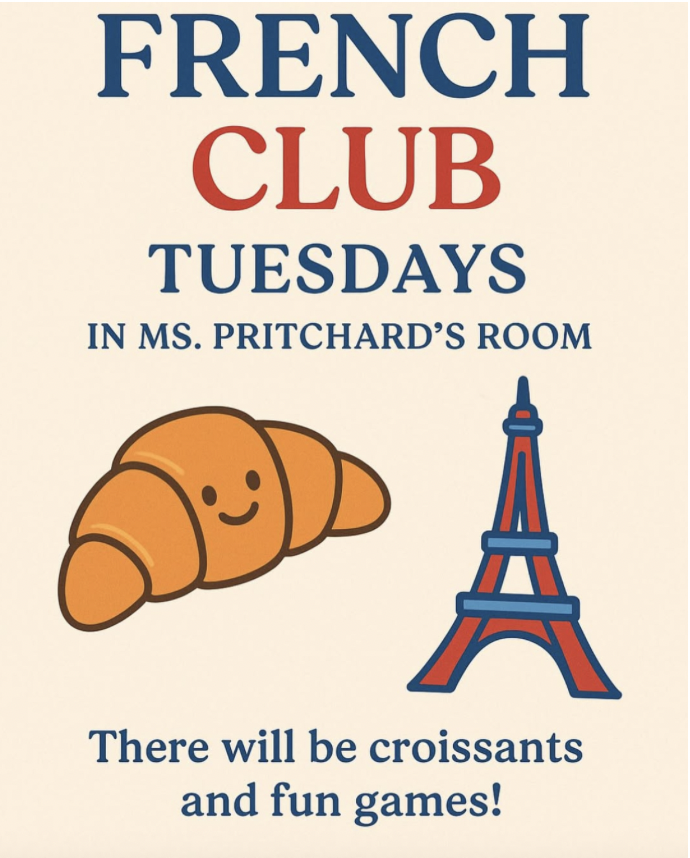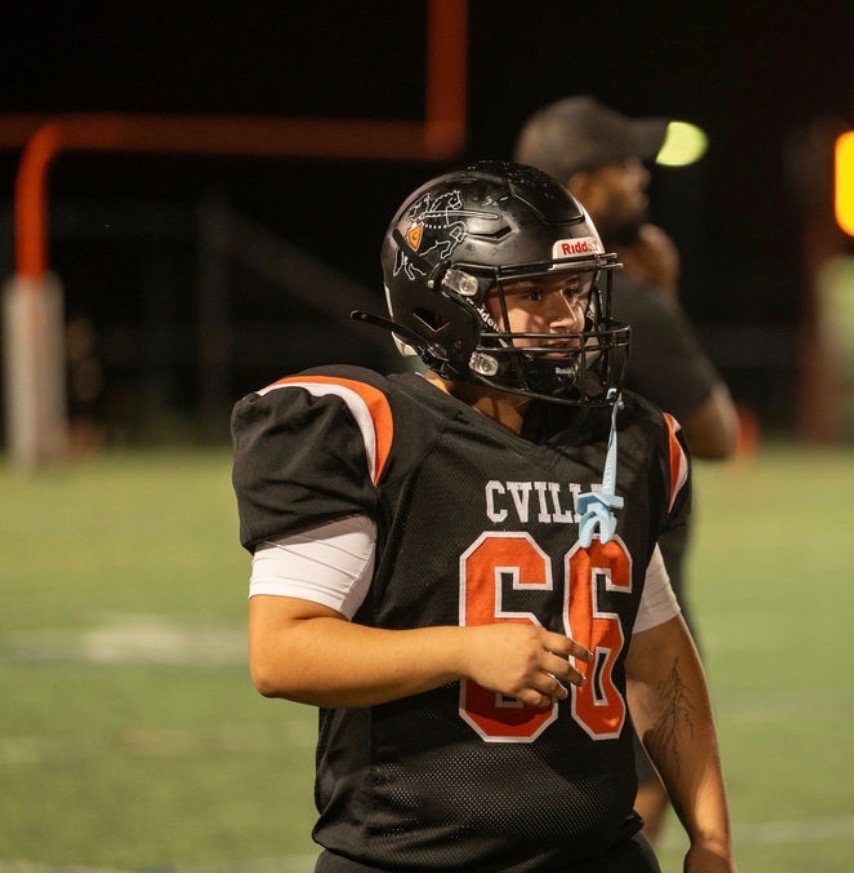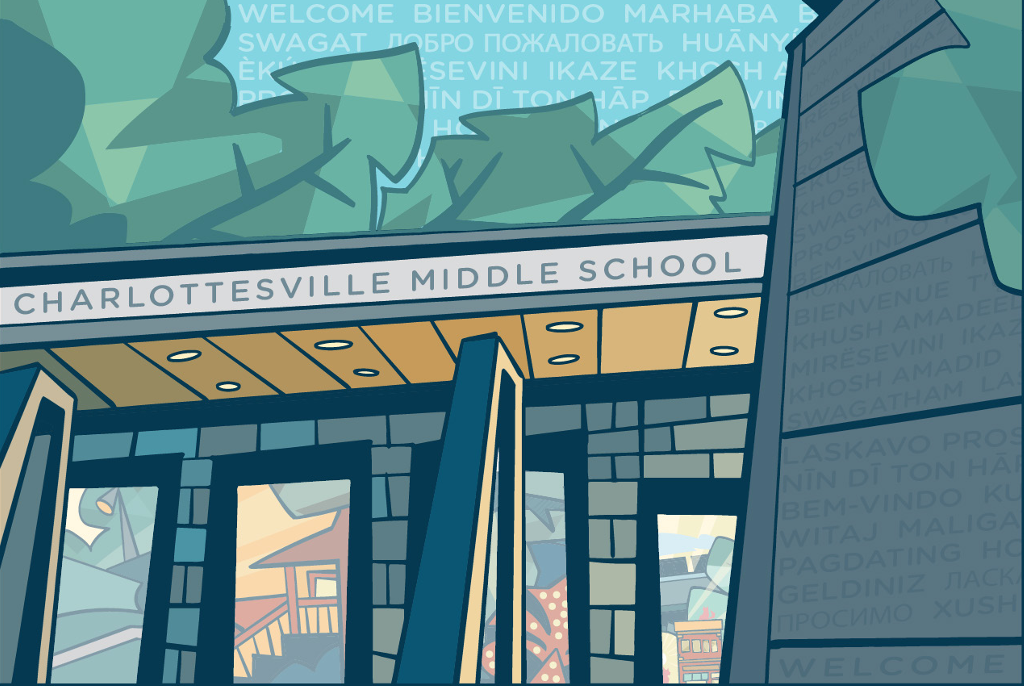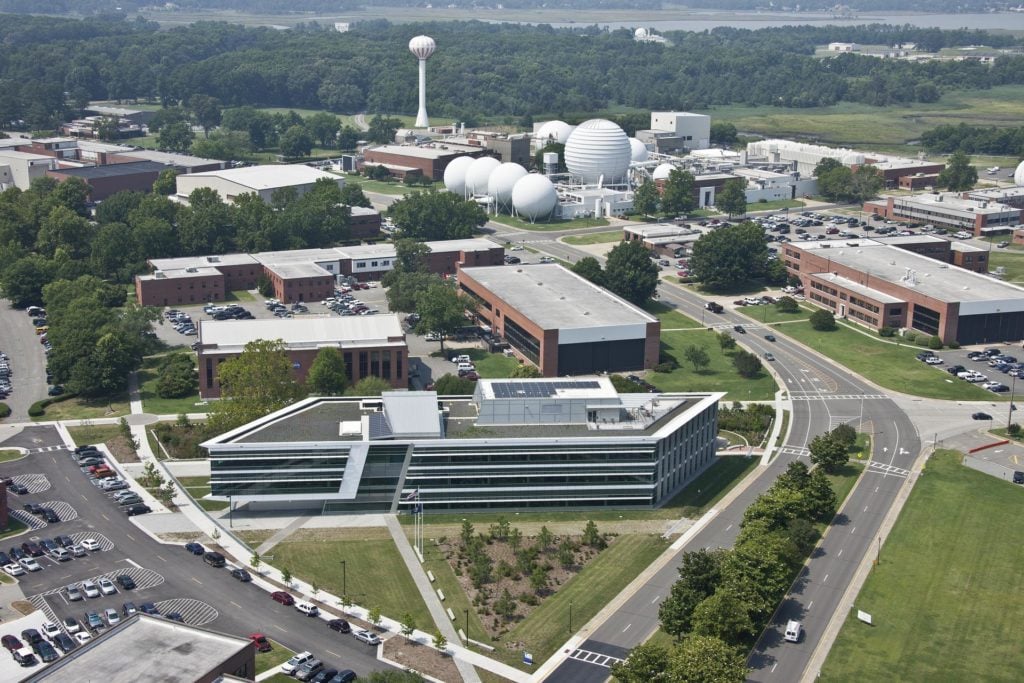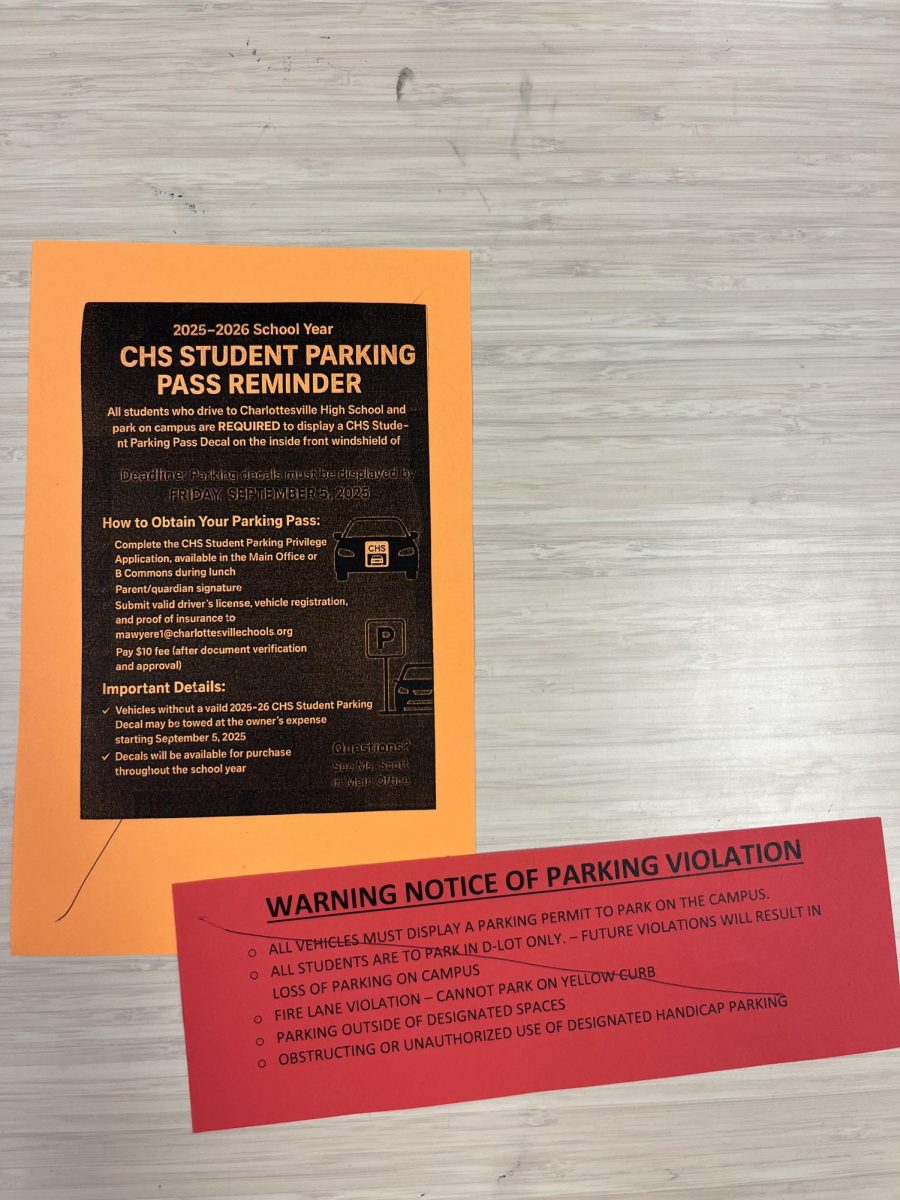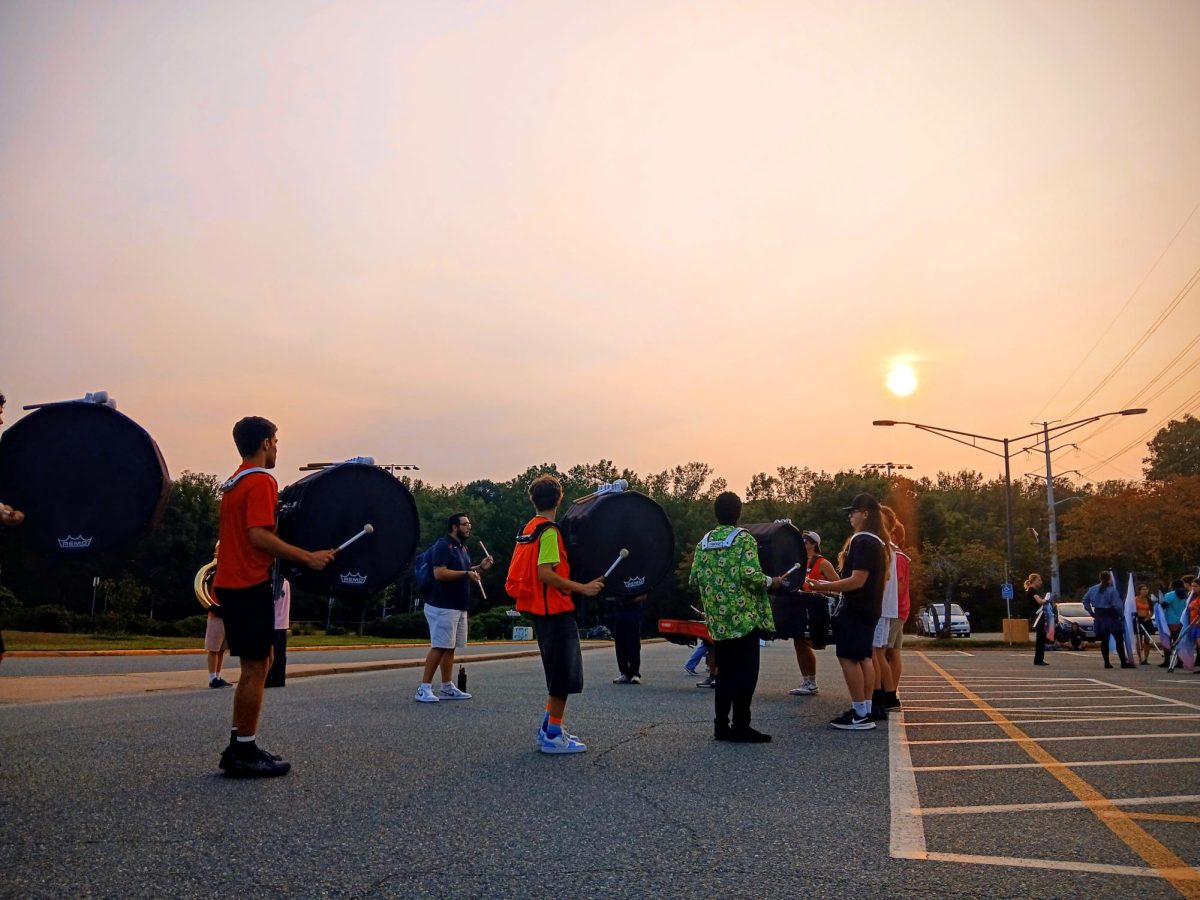Thousands of people in Charlottesville know the welcoming blue-and-yellow neon sign that advertises Reid’s Super Save Market. It’s a staple of Charlottesville grocery stores. Across from Bodo’s on Preston Avenue, Reid’s is known for its affordable food, kind staff, and community noticeboard outside, which has long been plastered with invitations, concert ads, and lost-dog posters. But sadly, Reid’s will close its doors on January 25th.
As of the publishing of this article, the grocery store has been open for sixty-four years. Originally, Reid’s was on West Main Street, run by its namesake Malcolm Reid. The grocery flourished in that location until 1982, when a fire destroyed the original Reid’s building. After Malcolm Reid passed away, the Brooks family purchased his business, keeping the Reid’s name and opening a new storefront on Preston Avenue, where it still is today.
But Reid’s is more than just a long-successful grocery store. For the surrounding neighborhoods (10th & Page and Fifeville), Reid’s is a community center and one of the only accessible places to buy affordable, healthy food.
The owners of Reid’s, members of the Brooks, Miller and Clements families, wrote in a letter to their customers, “our family is proud to have served this community over the past forty years. It has been a pleasure… and your trust and loyalty have meant the world to us”.
After decades of operation, Reid’s was hit hard by COVID in 2020. The store hasn’t recovered to its former stability since then. The supermarket’s shelves were almost empty in March of 2024. It was in danger of closing until a few longtime Reid’s customers created a GoFundMe account for the grocery store’s inventory, which raised close to $20,000 from small donations. The GoFundMe’s help supported Reid’s for the past year, but Reid’s management knows it could not go on forever, prompting the decision to close permanently.
Without Reid’s, many residents of 10th and Page or Fifeville will find themselves living in a food desert. The Food Empowerment Project describes food deserts as “areas where residents’ access to affordable, healthy food is restricted or nonexistent”, and notes that food deserts usually exist because of “the absence of grocery stores within convenient traveling distance.” Their definition exactly matches 10th and Page and Fifeville. Most nearby residents have limited time to buy groceries, and many need to walk or take city buses to their grocery store. Once Reid’s closes its doors, there will be no other grocery stores that are both walkable and affordable.
A director at the Institute for Local Self-Reliance, Stacy Mitchell, wrote an article in The Atlantic about solutions to food deserts. Mitchell says, “The general consensus is that [low-income neighborhoods] just don’t have what it takes to attract and sustain a supermarket.”
Reid’s may be forced to close now, but Charlottesville’s consistent support of the grocery and its survival through COVID shows how necessary it is. Clearly, with a little more public support, Charlottesville has what it takes to support local supermarkets. As Mitchell goes on to say, many city planners and developers think low-income areas can’t “generate sufficient spending on groceries, or they can’t overcome a racist pattern of corporate redlining”.
In the 1950s, Charlottesville was very much a victim of redlining, which the New York Times explains as a catchall term for “racial discrimination in housing, but it comes from government maps that outlined areas where Black residents lived and were therefore deemed risky investments.
Our city’s new food desert matches this description as well. Since the segregating redlining practices of the 1950s, Charlottesville’s whiter, more affluent neighborhoods have had access to healthy food, while a few neighborhoods that were victims of redlining have only had Reid’s as a lifeline to fresh, affordable groceries. The map below highlights redlined Charlottesville neighborhoods, as well as Reid’s with the red location point – notably, it’s right in the middle.
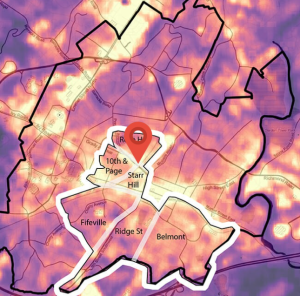
Reid’s has clearly been an important community resource, especially for the lower-income neighborhoods around it, and the Brooks, Miller and Clements families have done the Charlottesville community a huge service with their grocery store. Moving forward without Reid’s will be more difficult for many families who relied on their proximity and affordable prices. However, many resources are available to keep food on the table, such as the Blue Ridge Area Food Bank.
After sixty years of Reid’s, all that remains to say is a thank you to the families who kept it running.


